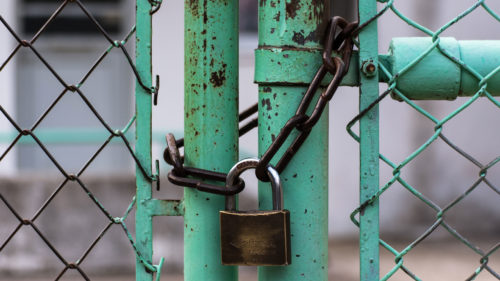
“Brand safety” became the global ad industry’s hottest buzzword in March as a string of major advertisers such as AT&T, Verizon, The Guardian and J&J announced plans to pull all video and text ads from YouTube amid disputes over messaging running alongside videos supporting ISIS and other extremist groups.
In a parallel case of brands scrambling to avoid any potentially controversial content, hundreds of companies have recently stated that they will stop placing ads on Breitbart News Network thanks, in part, to an effort by ad industry veterans working to curb its influence in the months since the election. These rogue marketers may operate anonymously, but big brands and their media agency partners are listening.
“We hadn’t really heard of Breitbart, so when we went on to see what it was all about, we were pretty shocked,” said a spokesperson for Sleeping Giants, citing such recent headlines as “There’s No Hiring Bias Against Women In Tech, They Just Suck At Interviews” and “Gay Rights Have Made Us Dumber: It’s Time To Get Back In The Closet.” The SG group, which consists of a Facebook community page and a series of regional Twitter accounts, started last November in an attempt to counter what its founder called “outright sexism, racism, homophobia and xenophobia … masquerading as real news” by using social media mentions to discourage individual companies from buying ads on Breitbart.
SG’s inaugural tweet to SoFi in November questioned the loan business’ ties, asking if it was aware it was advertising on Breitbart. “[The CEO] had no idea he was even on the site,” said the spokesperson, “and that’s when we knew this was going to be much bigger than a one-week project.
Two weeks later, Kellogg’s became the largest party to publicly confirm plans to pull all ads from Breitbart. Sleeping Giants’ own public list, which requires “some sort of communication directly from a company itself,” claims that nearly 1,600 brands have since followed suit.
According to the spokesperson, the project has grown from one man with a day job “in marketing” to “a legitimate team” with 100,000 social media followers. The group’s rise mirrors the global conversation about brand safety in a volatile political environment.
“This phenomenon is only going to increase, because the big thing happening in media is audience-driven planning and buying,” said UM global CEO Daryl Lee, explaining that many ad platforms built to track consumers online are “agnostic about whether they appear on a good site or a neo-Nazi site.” He referenced a recent scandal over a Jaguar ad that ran before a pro-ISIS YouTube video in the U.K., leading to boycotts and a promise from Google chief business officer Philipp Schindler to develop “expanded safeguards for advertisers.”



